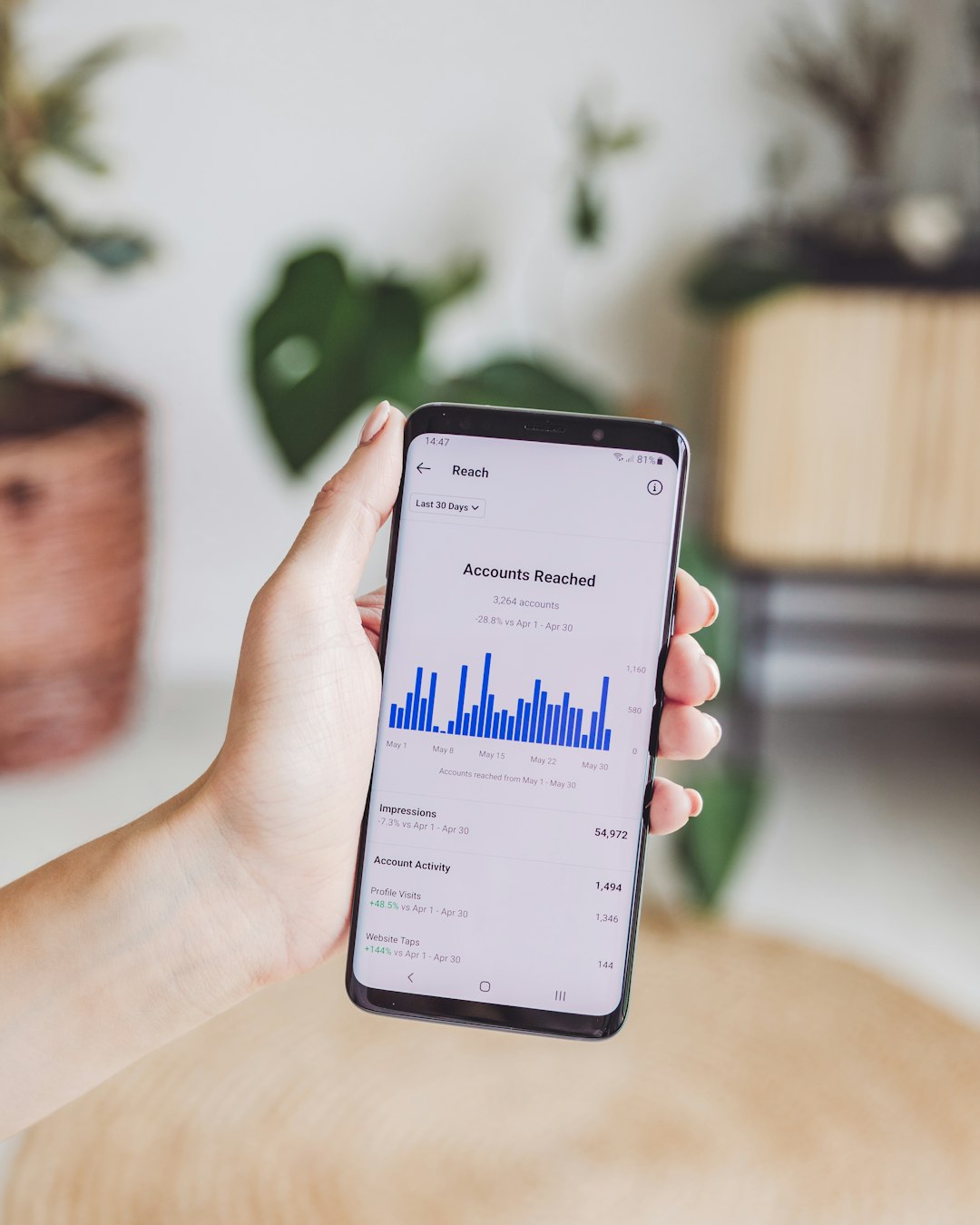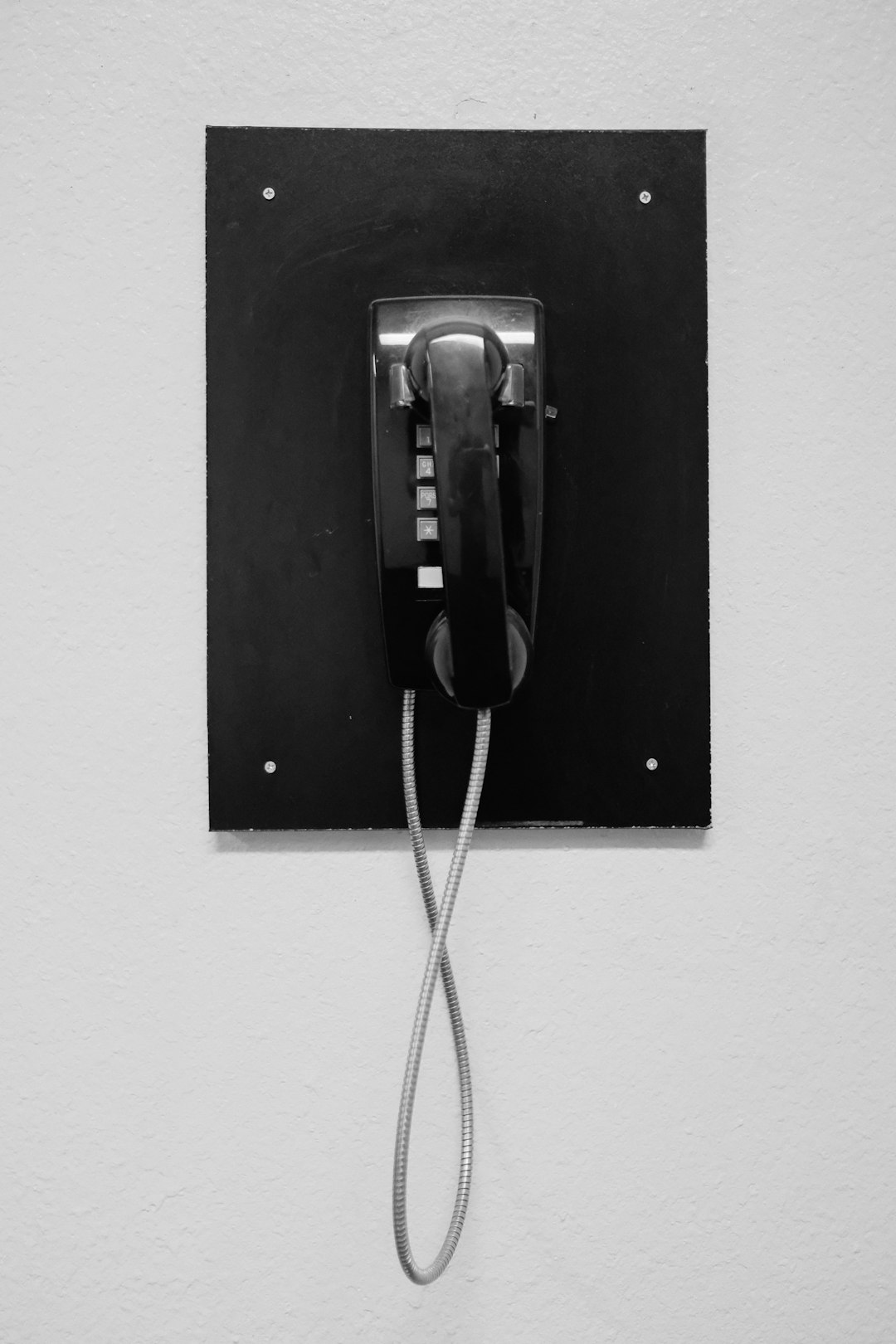In North Carolina, strict telemarketing regulations, including Do Not Call laws, protect residents from unwanted calls. Businesses must adhere to specific timing and frequency restrictions or face fines. A specialized lawyer for Do Not Call Laws North Carolina is crucial for navigating these rules, ensuring compliance, and avoiding legal repercussions.
In North Carolina, understanding and adhering to strict Do Not Call laws is crucial for businesses engaging in telemarketing. This guide navigates the intricate regulations surrounding call times, providing insights into telemarketing restrictions and exemptions. Learn about penalties for exceeding permitted call limits and why consulting a lawyer specializing in North Carolina’s Do Not Call Laws can be your best defense for successful compliance.
Understanding North Carolina's Do Not Call Laws

In North Carolina, telemarketers are subject to strict regulations regarding call timing and frequency, designed to protect residents from unwanted calls. Understanding these rules is crucial for businesses and individuals alike, especially when hiring a lawyer for Do Not Call Laws North Carolina to ensure compliance. The state’s Do Not Call list is comprehensive, including both registered and unregistered numbers, effectively blocking calls from telemarketers who ignore the law.
Telemarketers must adhere to specific time restrictions, typically avoiding calls before 8:00 a.m. and after 9:00 p.m., Monday through Friday, and 8:00 a.m. to 5:00 p.m. on Saturdays. Failure to comply can result in significant fines, impacting businesses negatively. Therefore, it’s essential to consult with a legal expert specializing in North Carolina’s Do Not Call Laws to navigate these restrictions effectively.
Telemarketing Restrictions and Exemptions

In North Carolina, telemarketing restrictions are in place to protect consumers from unwanted calls. The state has adopted the federal Do Not Call Laws, which restrict commercial calls to residents who have registered their numbers on the national Do Not Call Registry. These laws also specify the times of day when telemarketers can make calls, generally prohibiting calls before 8:00 a.m. and after 9:00 p.m., local time, to ensure respect for personal privacy and rest.
However, not all telemarketing activities are restricted. Certain types of calls, such as those from political campaigns, charities, or companies with an existing business relationship with the consumer, are exempt from these rules. Moreover, if a consumer provides explicit consent, telemarketers can make calls at any time. For more detailed information and to understand your rights under North Carolina’s Do Not Call Laws, consulting a lawyer specializing in this area is advisable.
Penalties for Violating Time Limits

In North Carolina, telemarketing calls are subject to strict time restrictions, with penalties for violating these laws. If a company or individual ignores the designated call times, as outlined by the state’s Do Not Call Laws, they can face significant consequences. Fines and legal fees can accumulate quickly, especially if the violation results in a lawsuit filed by an affected consumer.
A lawyer specializing in Do Not Call Laws North Carolina can offer guidance on these penalties and help protect businesses from potential litigation. They can ensure compliance with state regulations, advising on appropriate call timing and providing strategies to avoid costly mistakes. Consumers who believe their rights have been violated can also seek legal recourse by consulting a qualified attorney.
The Role of a Lawyer in Navigating These Regulations

When it comes to navigating the intricate web of telemarketing regulations in North Carolina, particularly those related to Do Not Call laws, a lawyer plays a pivotal role. Legal professionals specialized in this area possess an in-depth understanding of state legislation and its nuances, ensuring businesses comply with essential rules designed to protect consumers from unwanted calls.
These legal experts guide companies through the process of registering their telemarketing activities, obtaining necessary permits, and crafting compliance strategies. They assist in identifying potential violations, offering tailored solutions, and mitigating risks associated with non-compliance. By enlisting the help of a lawyer for Do Not Call Laws North Carolina, businesses can enhance their chances of adhering to these restrictions, fostering a positive customer experience, and avoiding legal repercussions.






